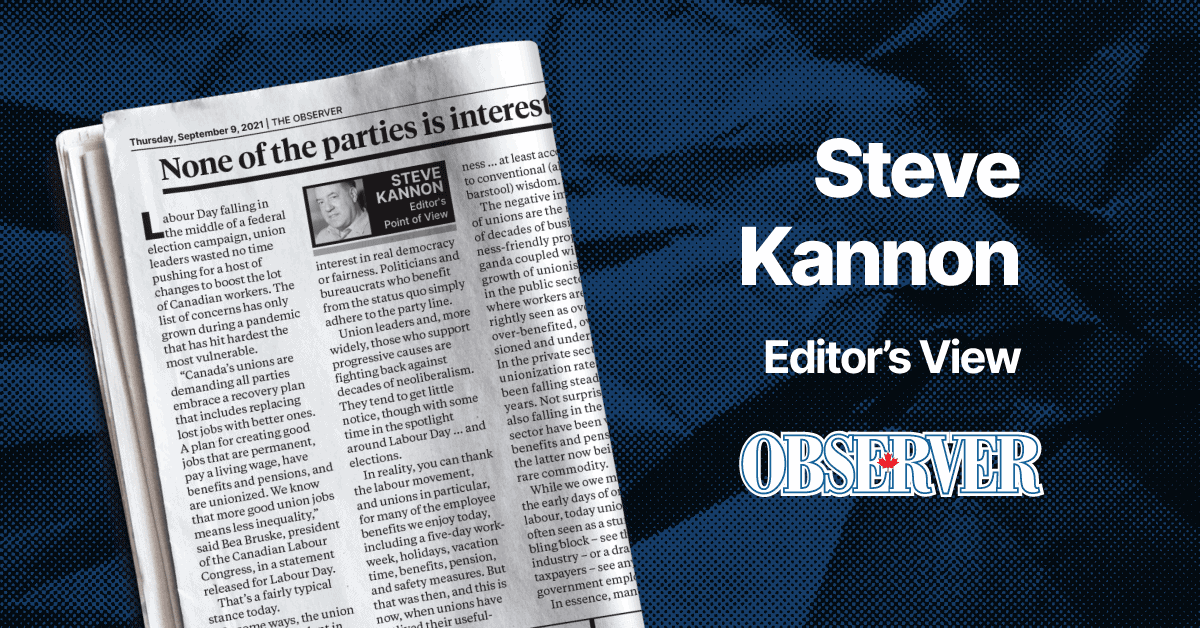;
;
;

Betty White’s passing on December 31 not only underscored the downer that was 2021 – we went into the year optimistic it would be better than 2020, didn’t we? – but capped a bad year for fans of The Mary Tyler Moore Show. Last year also saw the passing of Ed Asner, 91, Cloris Leachman, […]
Last updated on May 03, 23
Posted on Jan 06, 22
4 min read
